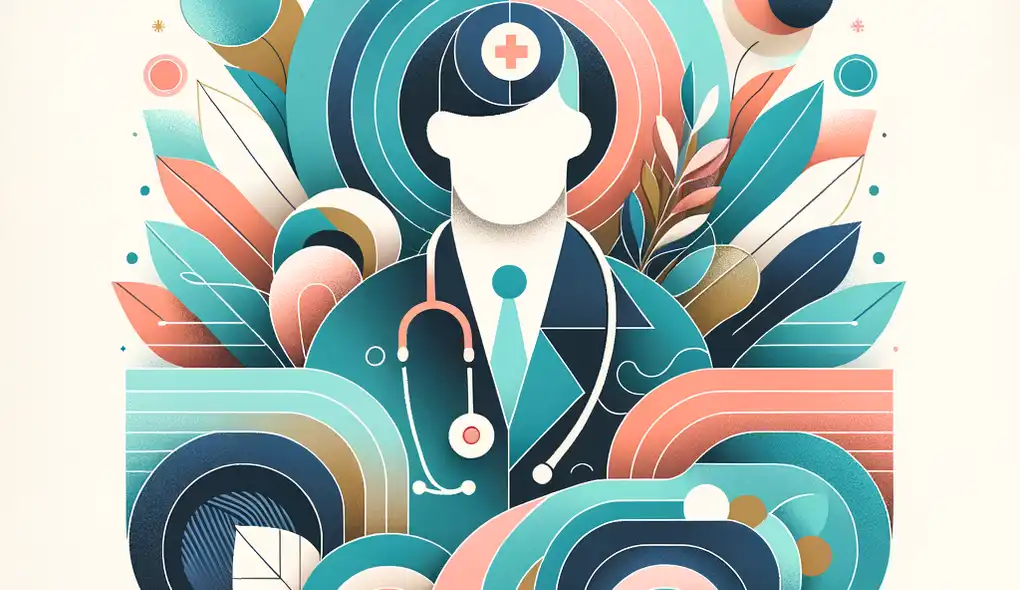Can you share an example of when you had to educate a patient and their family on proper healthcare routines? How did you approach it?
Pediatrician Interview Questions
Sample answer to the question
Yes, I can share an example of when I had to educate a patient and their family on proper healthcare routines. I had a 12-year-old patient who was diagnosed with diabetes. I approached the family with empathy and understanding, recognizing that they were facing a challenging situation. I took the time to explain the nature of diabetes, the importance of monitoring blood sugar levels, and the need for a healthy diet and regular exercise. I provided them with educational materials and resources to help them better understand the condition. Additionally, I scheduled follow-up visits to monitor their progress and address any concerns they had. Overall, my approach was to provide clear, concise information in a supportive and compassionate manner.
A more solid answer
Certainly! Let me share a comprehensive example of when I had to educate a 7-year-old patient with asthma and their family on proper healthcare routines. I approached the situation by first establishing a rapport and building trust with the child and their parents. I used age-appropriate language and visual aids to explain what asthma is, its triggers, and the importance of using an inhaler correctly. I also taught the child deep breathing exercises to help manage their symptoms. To ensure their understanding, I asked the child to demonstrate the correct inhaler technique and provided positive reinforcement. For the parents, I created a personalized asthma action plan, including medication schedules, trigger avoidance strategies, and emergency contacts. We discussed potential concerns and addressed any questions they had. I followed up with the family regularly to monitor the child's progress and make adjustments as needed. This approach effectively empowered both the child and their family to manage the condition effectively.
Why this is a more solid answer:
The solid answer improves upon the basic answer by providing more specific details and concrete examples of how the candidate approached educating a patient and their family. It demonstrates strong verbal and written communication skills, empathy, patient education, and collaboration with the family. However, it could further be enhanced by emphasizing the candidate's problem-solving skills in managing the patient's asthma and addressing potential concerns.
An exceptional answer
Absolutely! Let me share an exceptional example of when I had to educate a 15-year-old patient with a chronic illness and their family on proper healthcare routines. The patient had a complex condition that required a multidisciplinary approach. I worked collaboratively with a team of specialists, including nurses, psychologists, and social workers, to develop an individualized care plan. Recognizing the importance of addressing the emotional and social aspects of the patient's health, I organized support groups and provided resources for both the patient and their family. I scheduled regular family meetings to discuss treatment updates, address concerns, and ensure everyone was on the same page. I also incorporated technology into the education process by using interactive apps and online platforms that allowed the patient and their family to track symptoms, medications, and appointments. This approach enhanced their engagement and empowered them to take an active role in managing the illness. By providing holistic education and support, we fostered a strong partnership with the patient and their family, ultimately leading to improved health outcomes and quality of life.
Why this is an exceptional answer:
The exceptional answer goes beyond the solid answer by incorporating additional details about the candidate's collaboration skills, problem-solving abilities, and use of technology. It demonstrates exceptional verbal and written communication skills, empathy, patient education, and collaboration with a multidisciplinary team. The candidate's emphasis on addressing the emotional and social aspects of the patient's health and utilizing interactive technology sets this answer apart. However, it can be further improved by mentioning any specific challenges faced during the education process and how they were addressed.
How to prepare for this question
- Familiarize yourself with various healthcare routines relevant to the position, such as medication management, preventive care, and chronic disease management.
- Reflect on past experiences where you educated patients and their families on healthcare routines. Prepare specific examples that highlight your communication and empathy skills, as well as any collaboration or problem-solving involved.
- Research and stay updated on the latest developments in pediatric healthcare to ensure you can provide accurate and current information to patients and their families.
- Consider the role of technology in patient education and familiarize yourself with relevant tools or platforms that can enhance the learning experience for patients and their families.
- Prepare to discuss how you approach challenging situations, address concerns, and adapt your communication style to the needs of different individuals or age groups.
What interviewers are evaluating
- Verbal and written communication skills
- Empathy and understanding demeanor
- Patient education
- Collaboration
Related Interview Questions
More questions for Pediatrician interviews